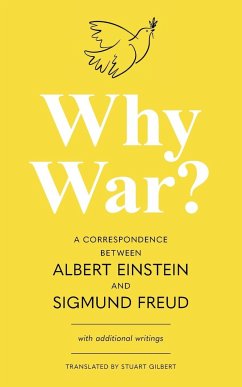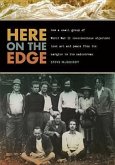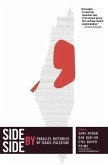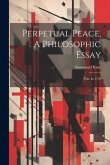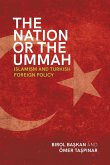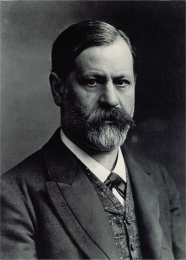In 1932, Albert Einstein was invited by the League of Nations to address a letter on any subject to any individual. He chose to corresponded with Sigmund Freud on avoiding war. Einstein maintained the importance of establishing an independent judiciary body to mediate conflicts. Freud agreed with this idea but also felt that "there is no likelihood of our being able to suppress humanity's aggressive tendencies." To this day, the correspondence on war by two of the greatest thinkers of all time proves prescient and remains indispensable. The correspondence between Einstein and Freud was originally published by The International Institute of Intellectual Cooperation of the League of Nations in 1933. Included in this edition is Freud's essay "Thoughts for the Times on War and Death," two pieces by Einstein on disarmament and the crisis facing affluent societies, and a biographical account of their original encounter and further exchanges.
Bitte wählen Sie Ihr Anliegen aus.
Rechnungen
Retourenschein anfordern
Bestellstatus
Storno

